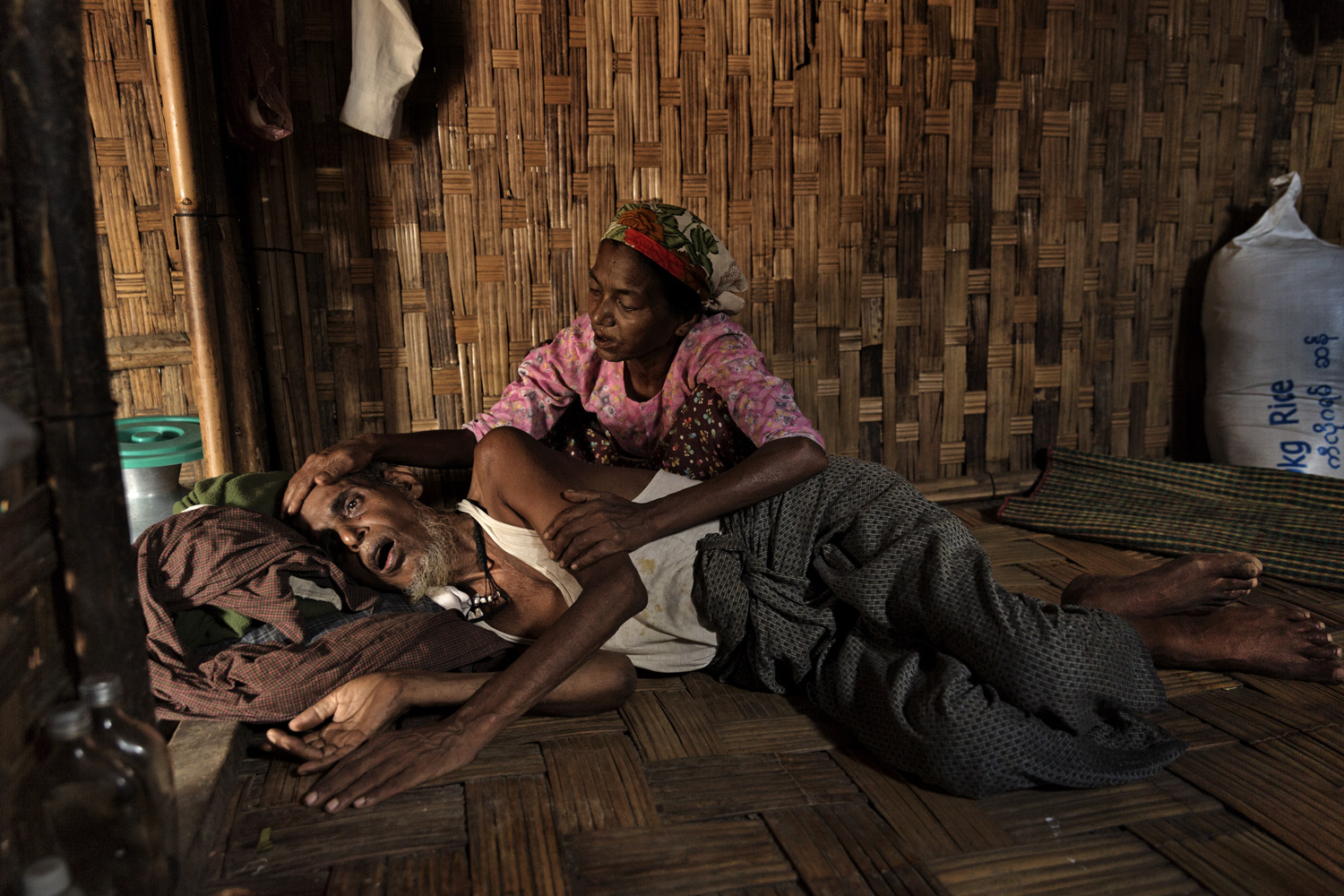
Sittwe, a drowsy town in western Burma, is a shattered place. I was first here five years ago, back when ethnic Rakhine Buddhists sold vegetables next to Muslim Rohingya fishermen. At the time, a Buddhist abbot and a Muslim cleric blessed me in whispers, as both spoke out against the repressive junta that had ruled Burma — also known as Myanmar — for nearly half a century.
Today, Sittwe, like much of the surrounding state of Rakhine, exists in virtual apartheid. There are no Muslims at the market. Their mosques have been bulldozed, even though one state official in late 2012 told me with a smile that nothing had been destroyed, nothing at all. Did he think I could not see the rubble, with torn pages of children’s prayer books underfoot? Evicted from their homes, more than 140,000 Rohingya now live sequestered behind checkpoints. Diseases fester in these crude camps. In June a top U.N. aid official who traveled to Rakhine said she had never before “witnessed [such] a level of human suffering.”
The U.N. estimates that 86,000 people, mainly Rohingya, have fled by boat in the two years since clashes erupted between the majority Buddhist and Muslim populations. In the 1980s, the all-Buddhist military junta stripped most Rohingya of their citizenship, claiming that they were recent immigrants from neighboring Bangladesh. But many Rohingya have lived for generations in Burma. The country is now ruled by a quasi-civilian government praised by the West for its reforms.
Its treatment of the Rohingya — as well as some other Muslim minorities — could be considered close to ethnic cleansing. Meanwhile, as these stark photos by James Nachtwey show, conditions worsen in the Rohingya camps spread out across the salt flats of the Bay of Bengal. The Buddhist abbot in Sittwe, who so inspired me that I brought my children to meet him, speaks now not of the government’s failings but of his hatred of Muslim hordes. A town like Sarajevo, once of two faiths, has cleaved beyond belief.
Hannah Beech is TIME’s China bureau chief and East Asia correspondent.
James Nachtwey is a TIME contract photographer, documenting wars, conflicts and critical social issues. His last essay for the magazine documented Syrian refugees at Za’atari refugee camp in Jordan.
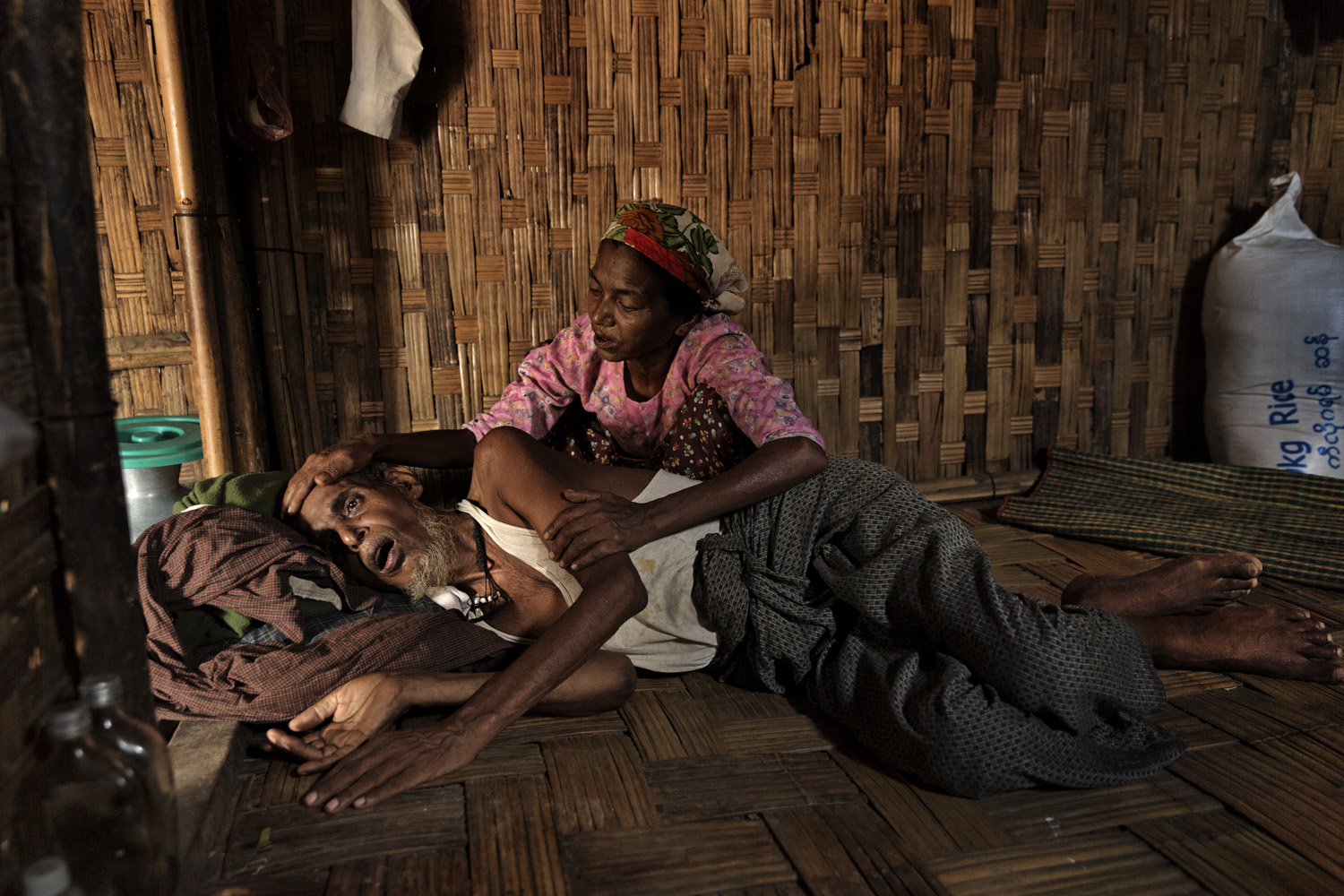
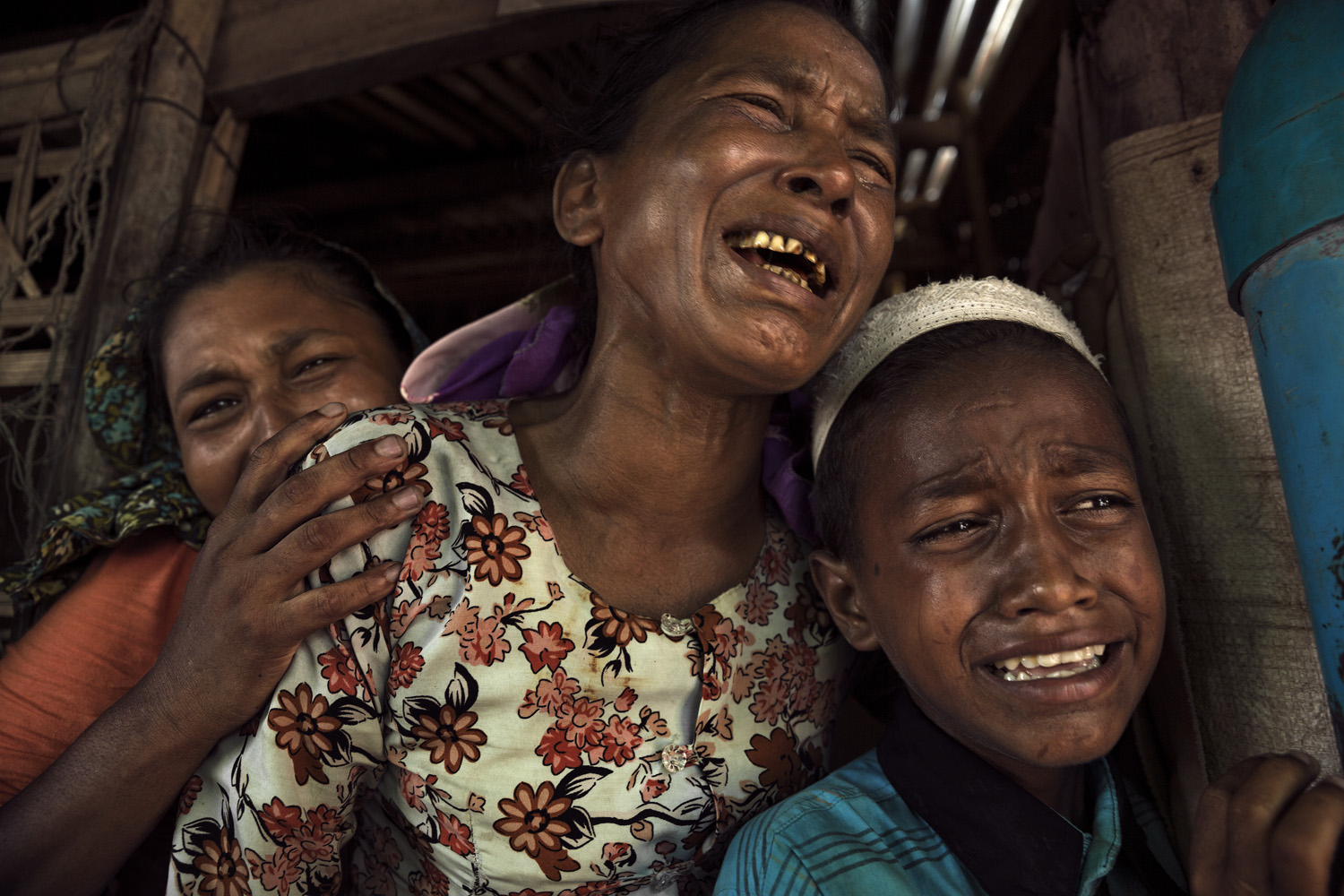
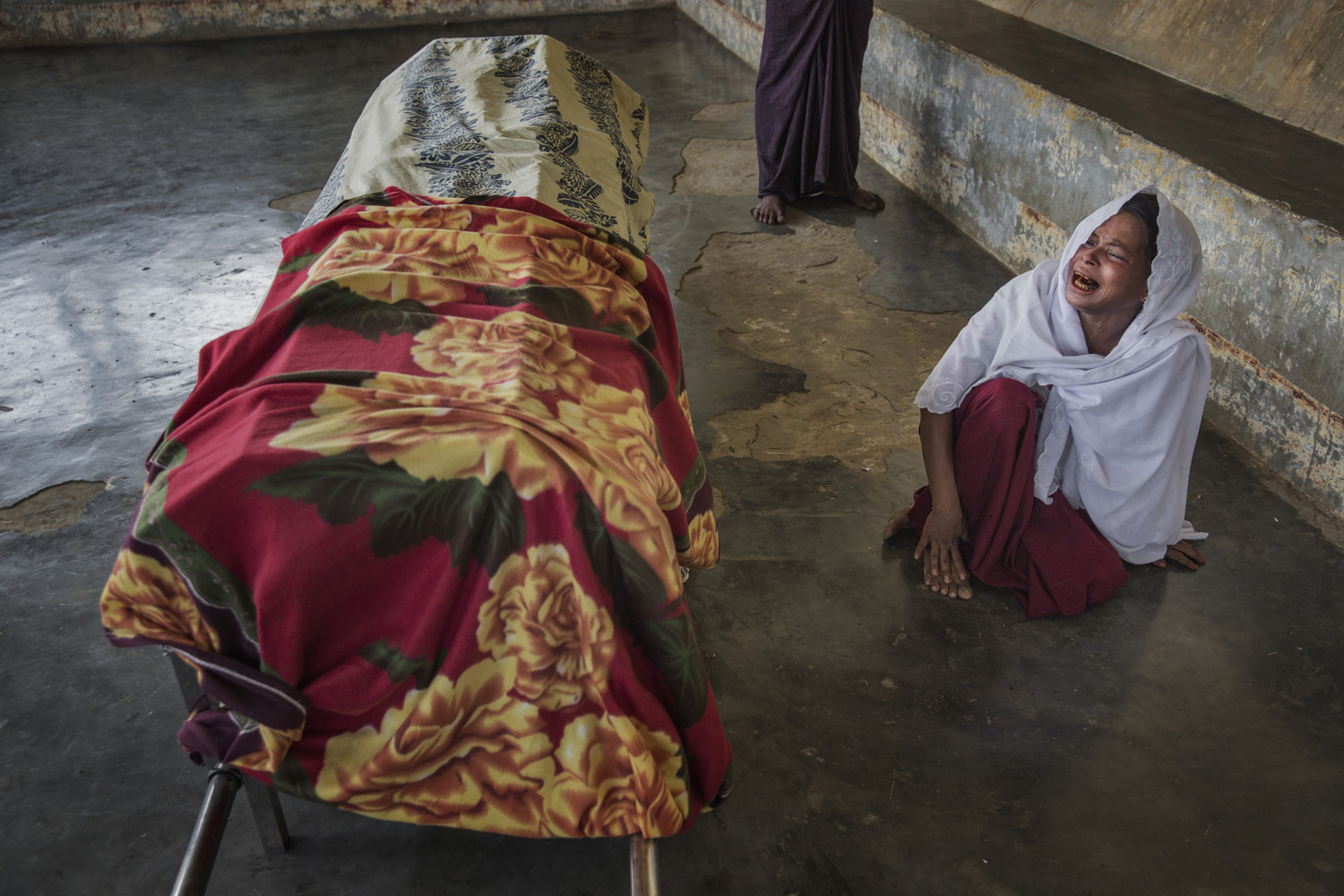
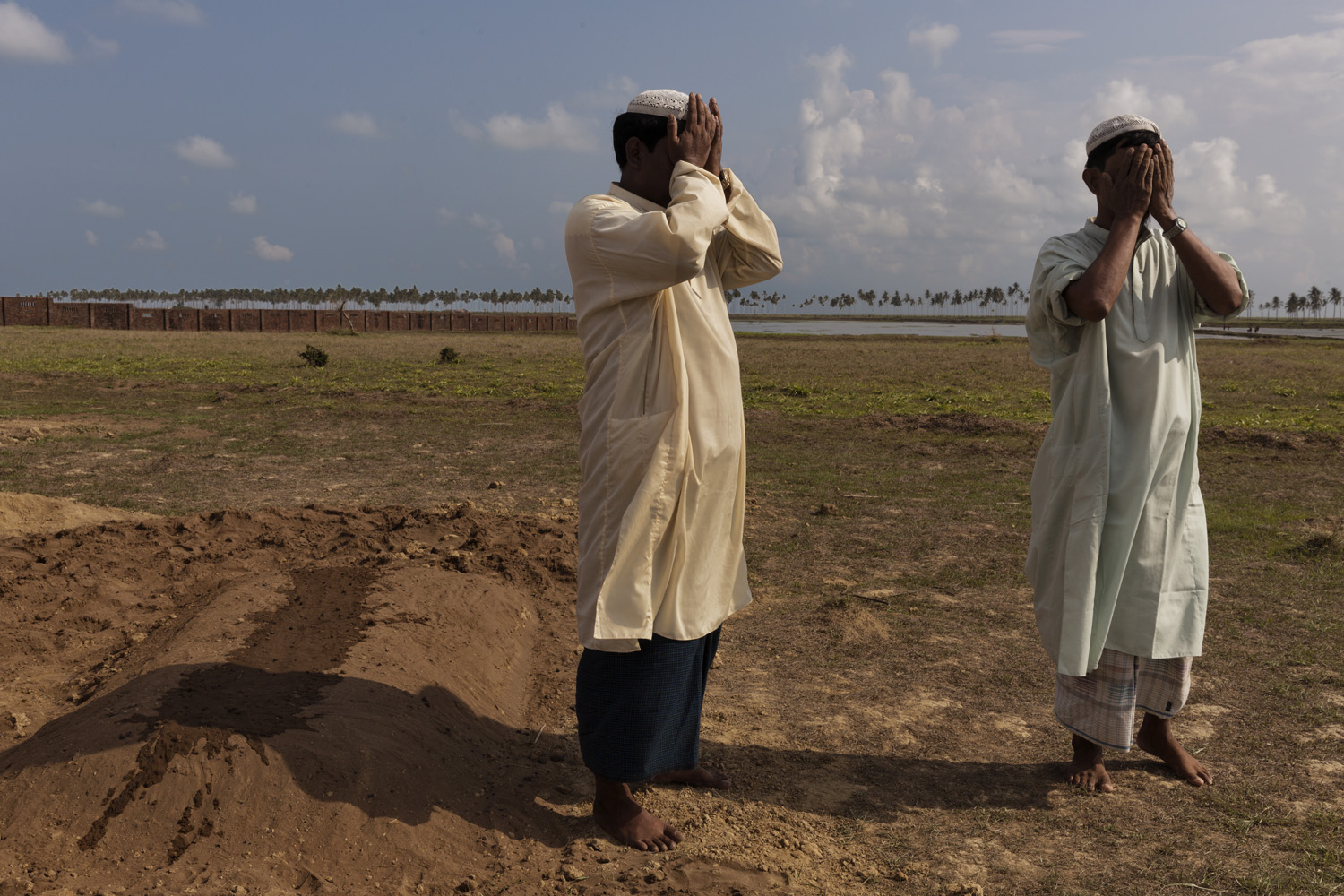
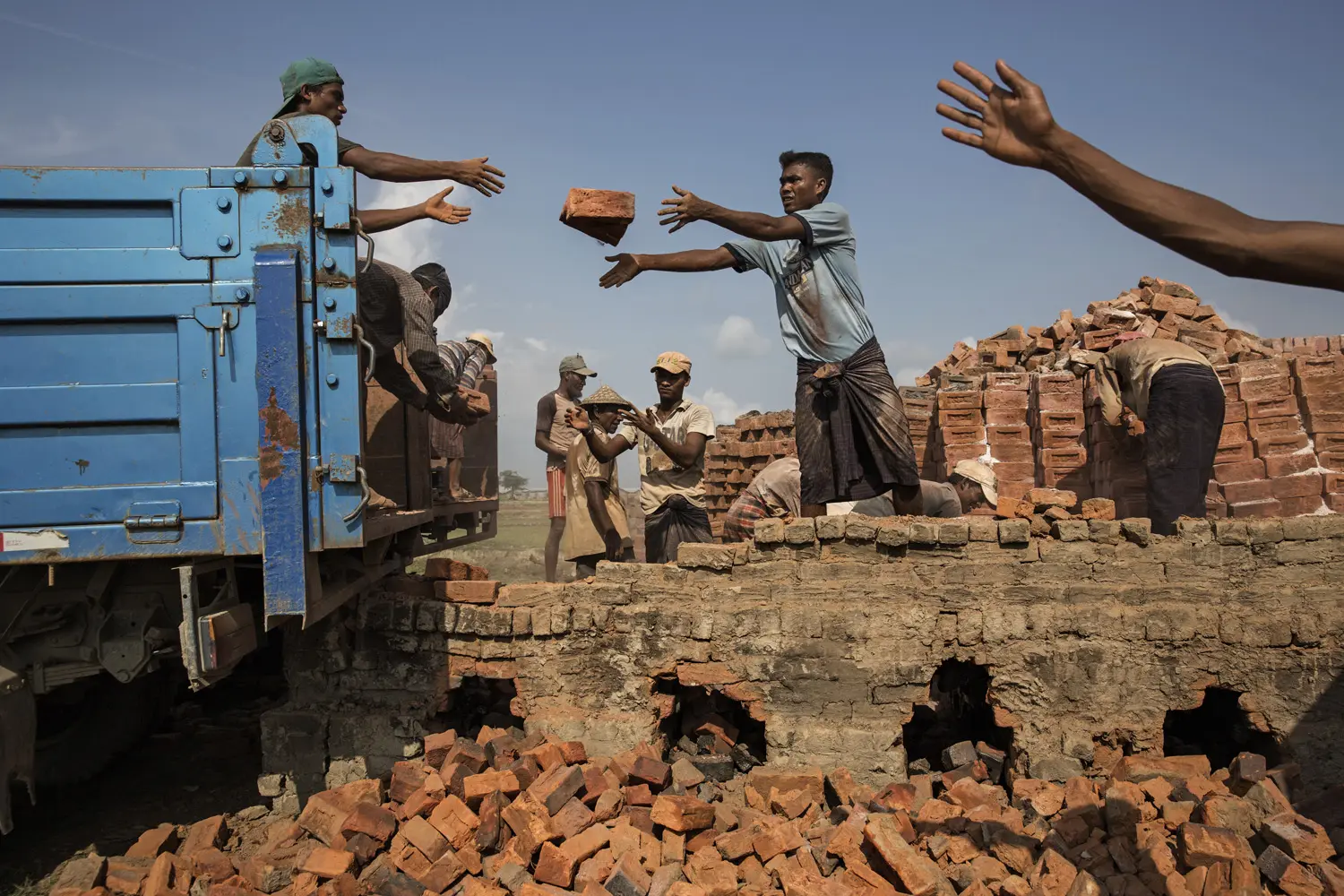
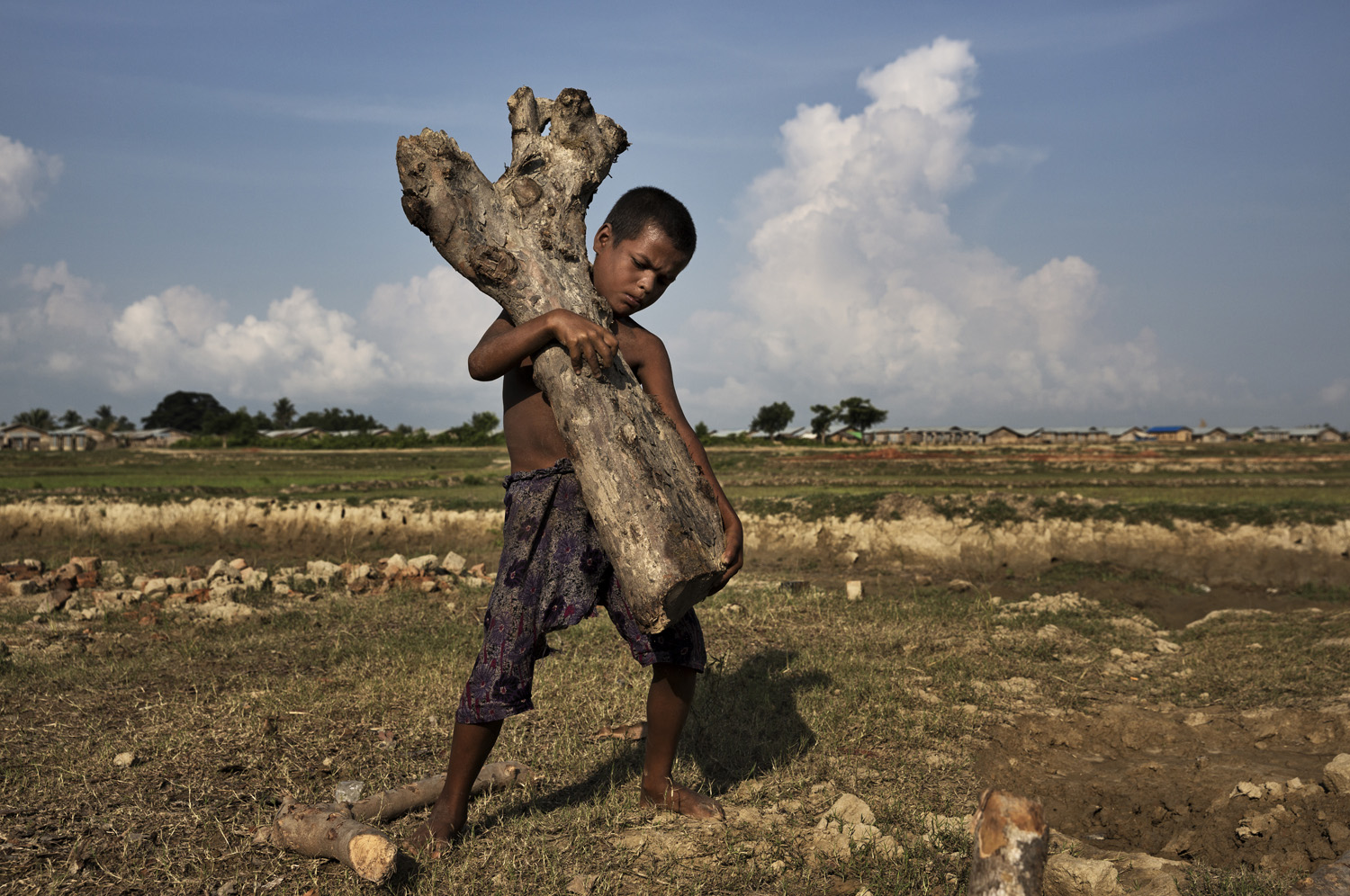
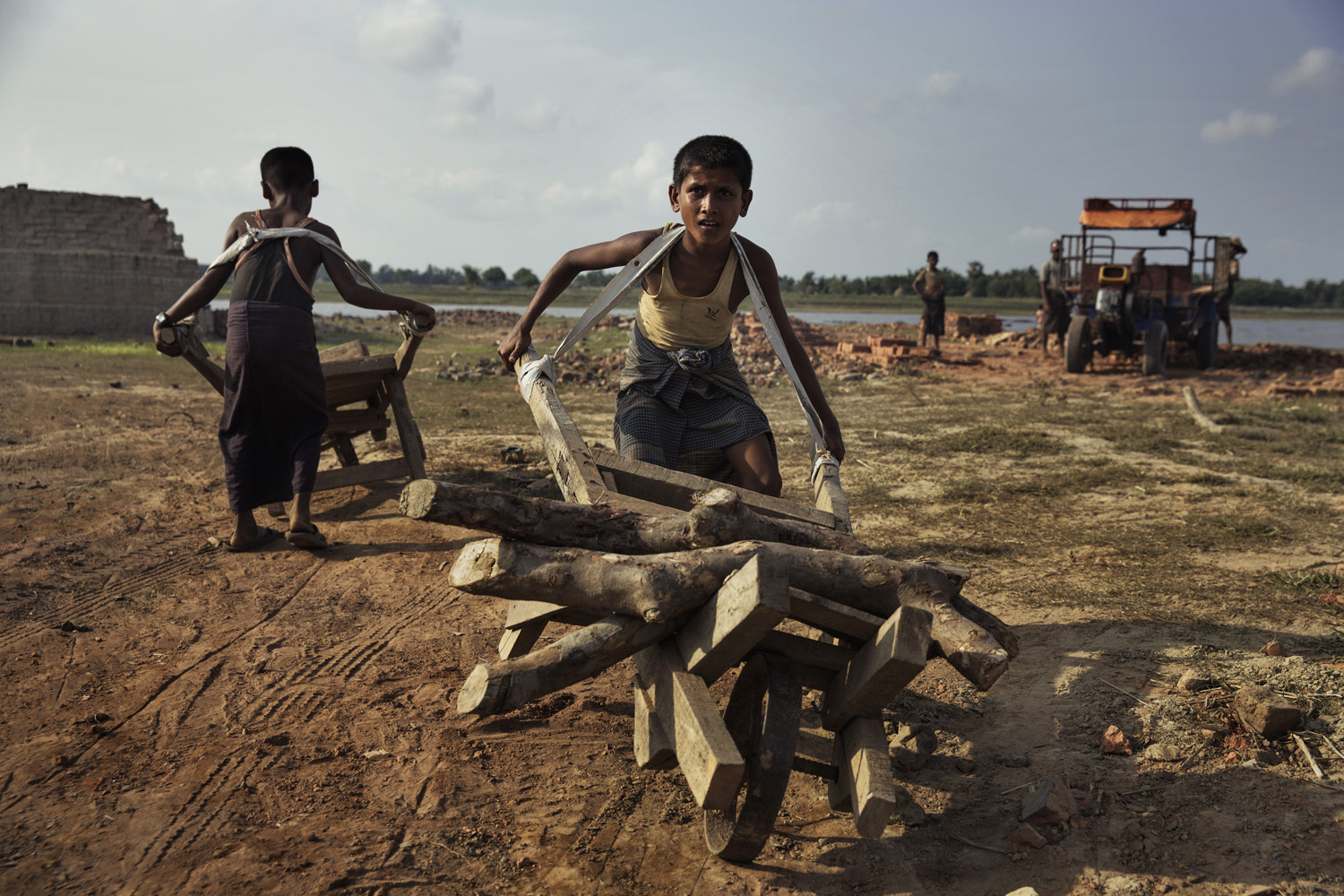
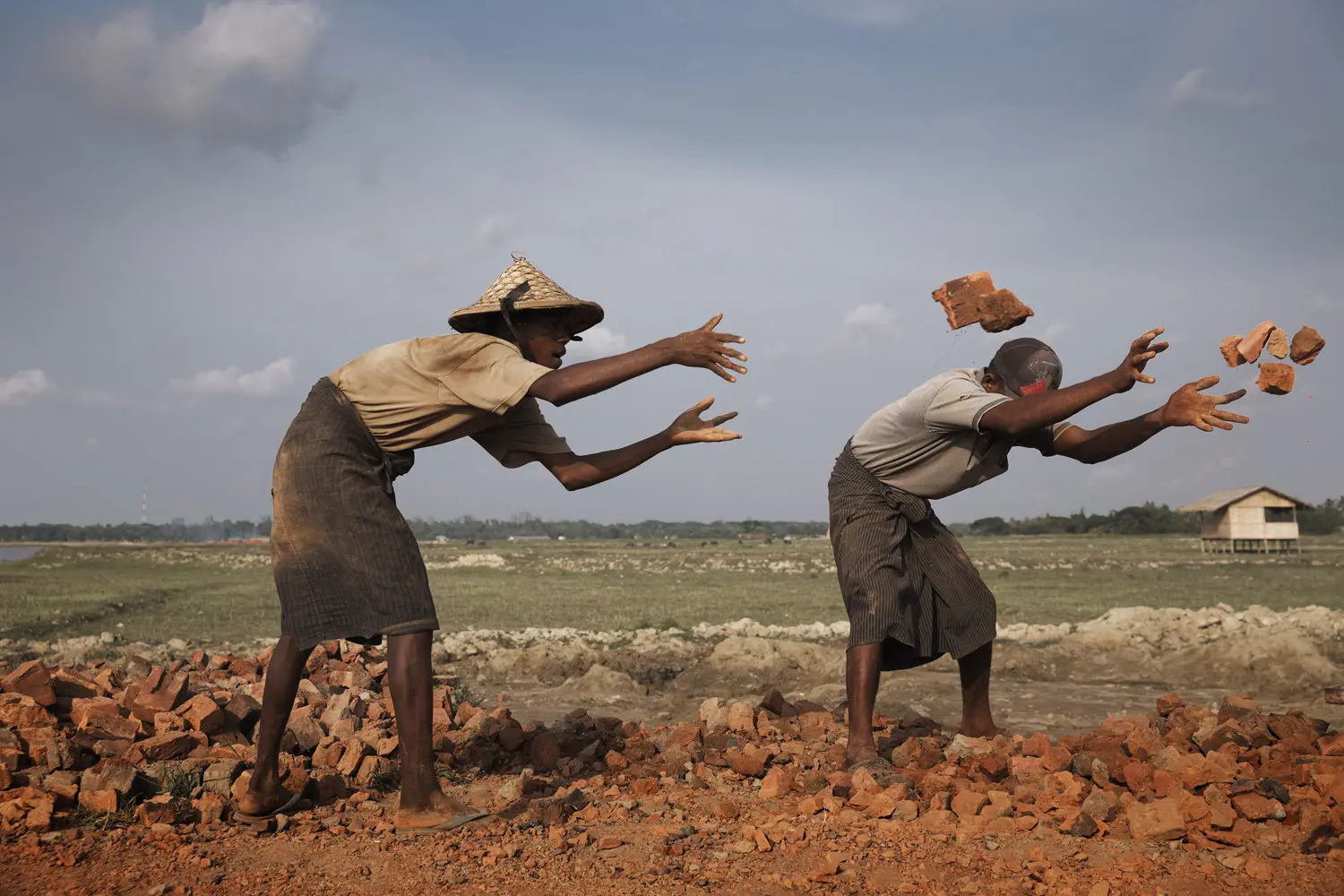
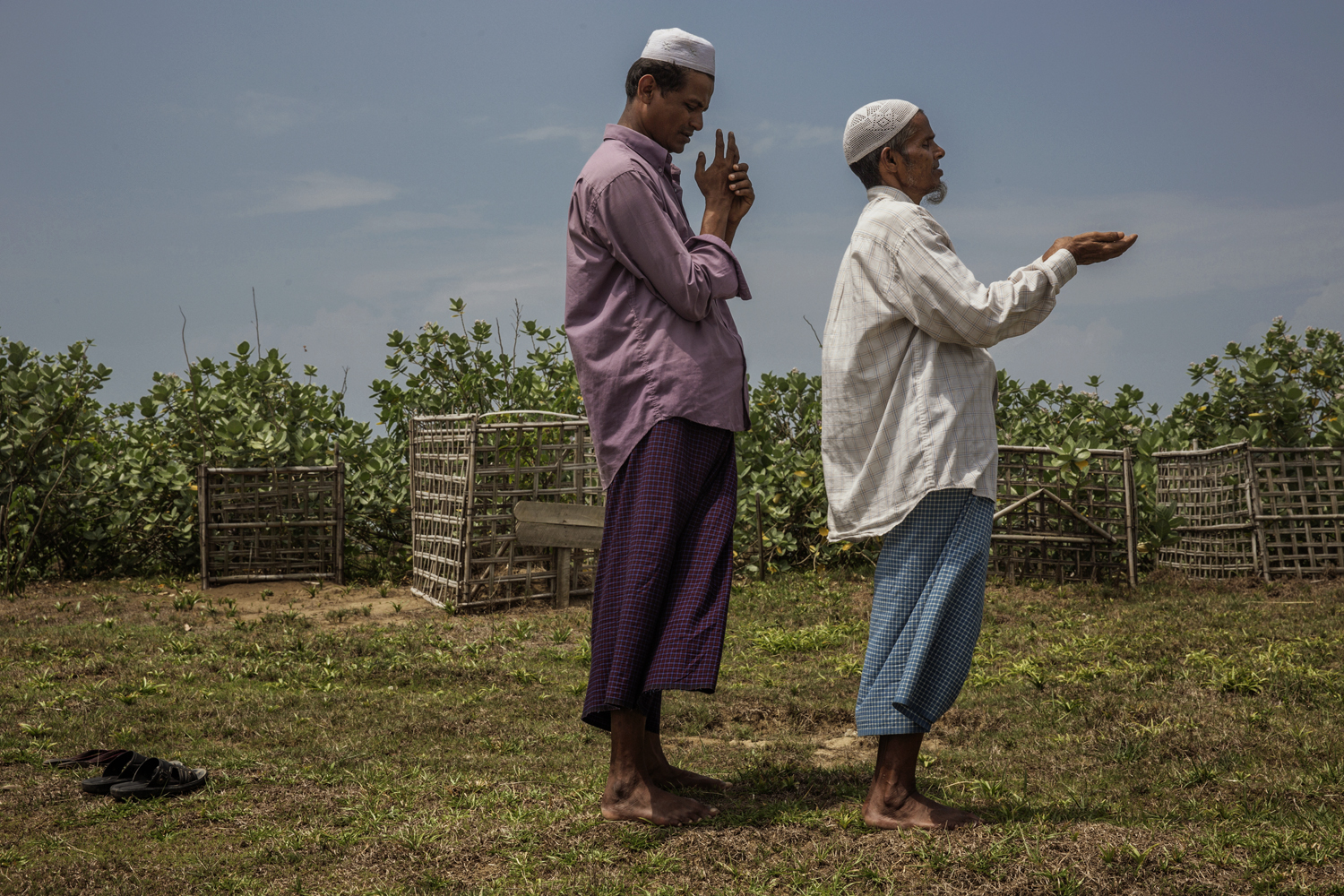
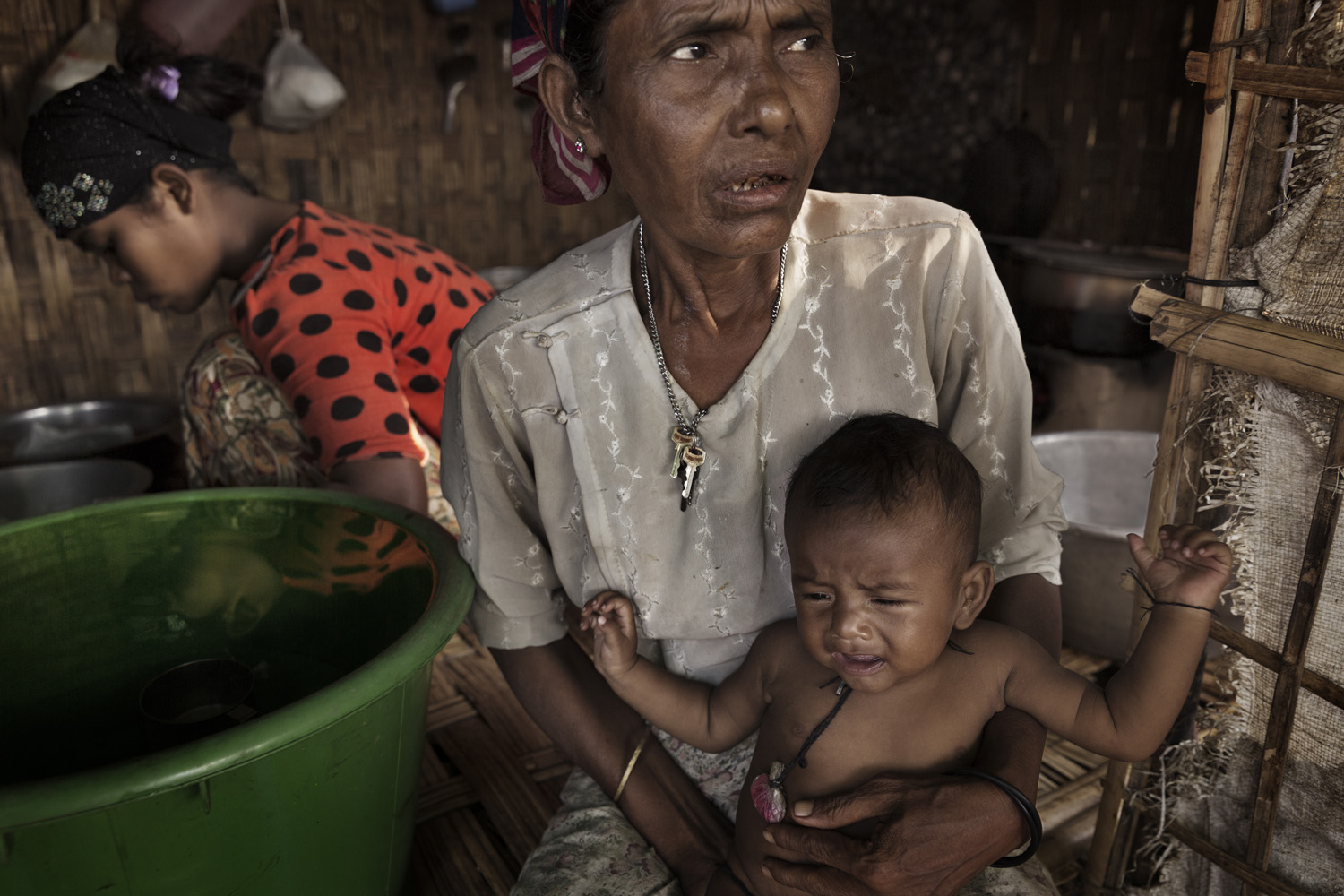
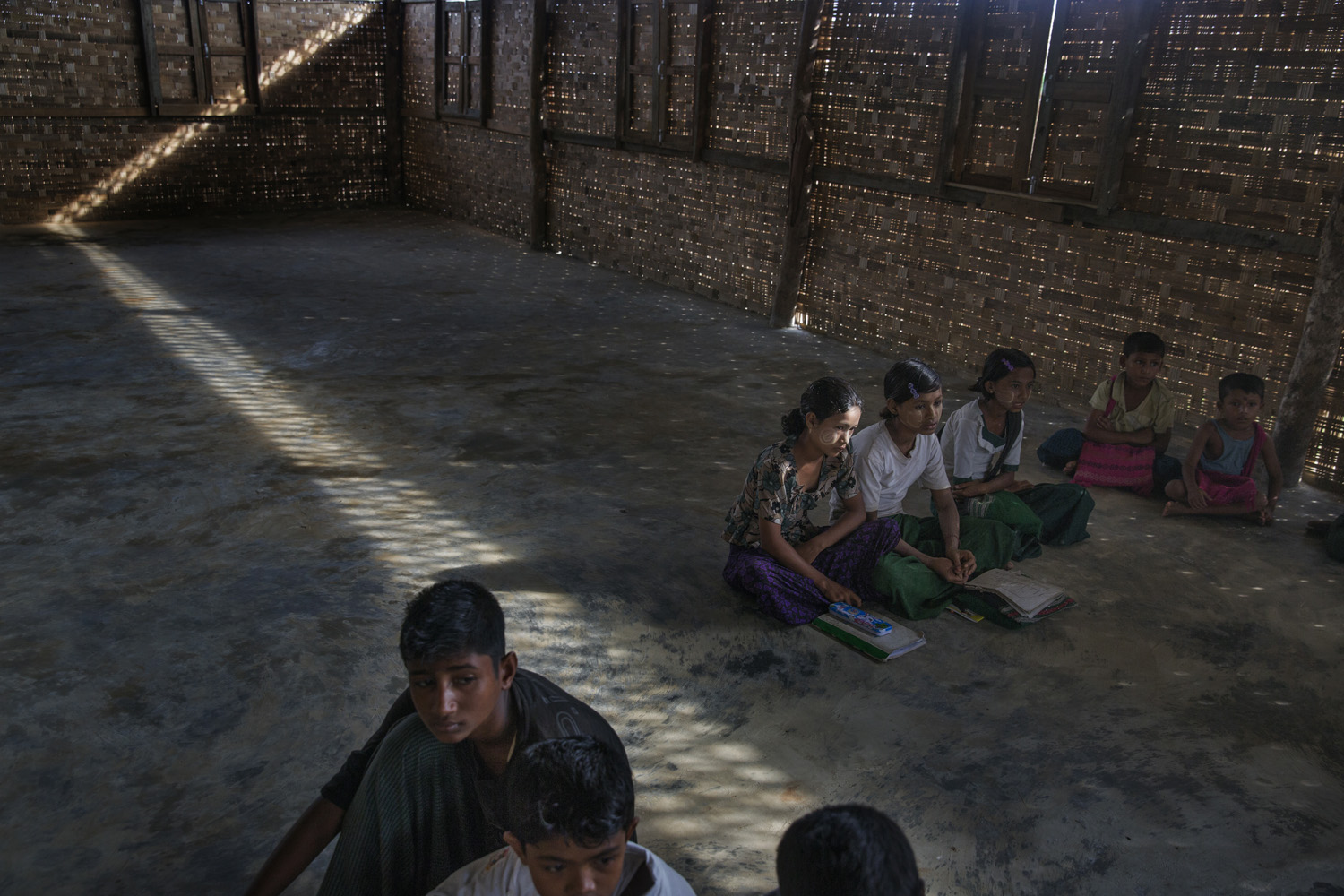
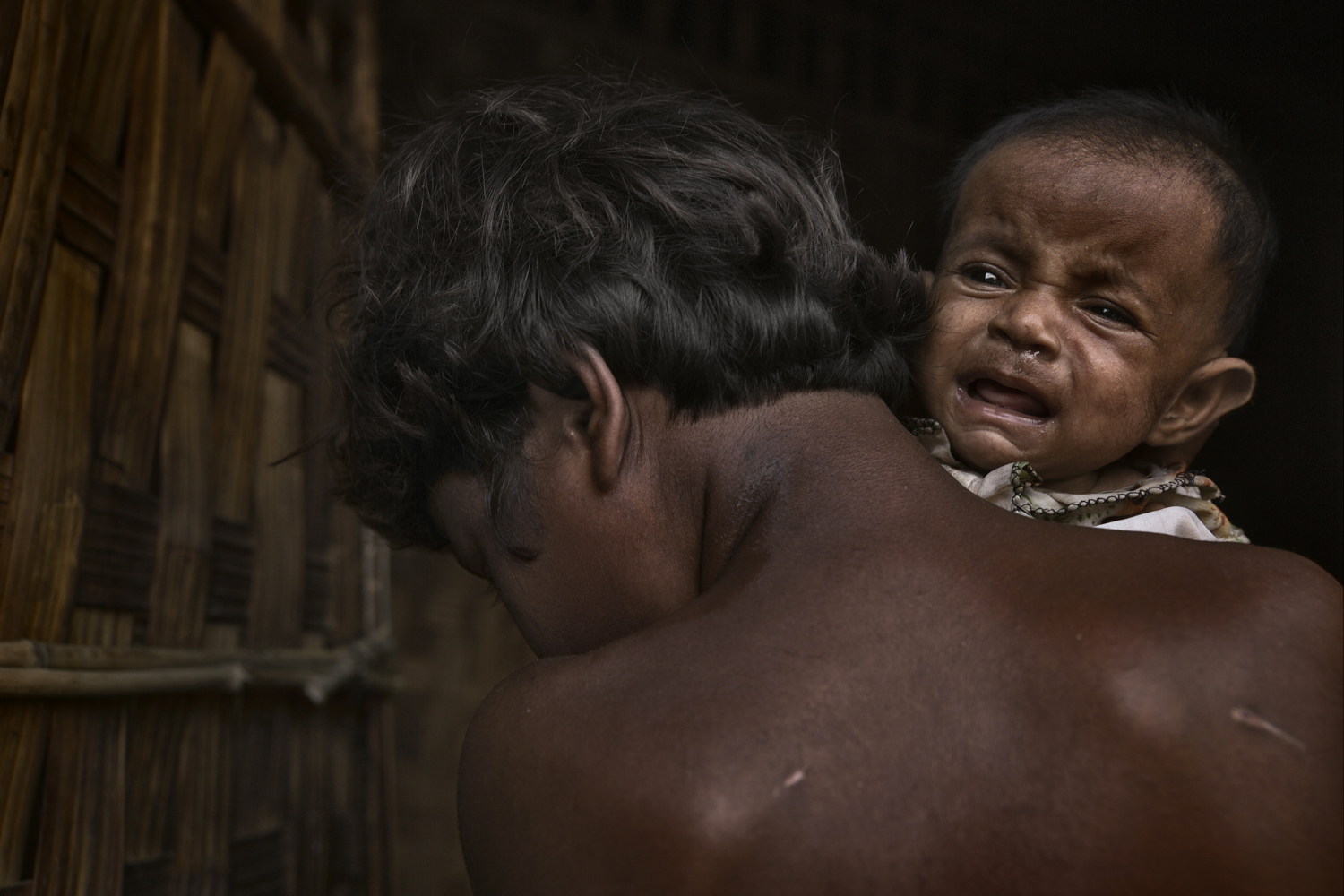
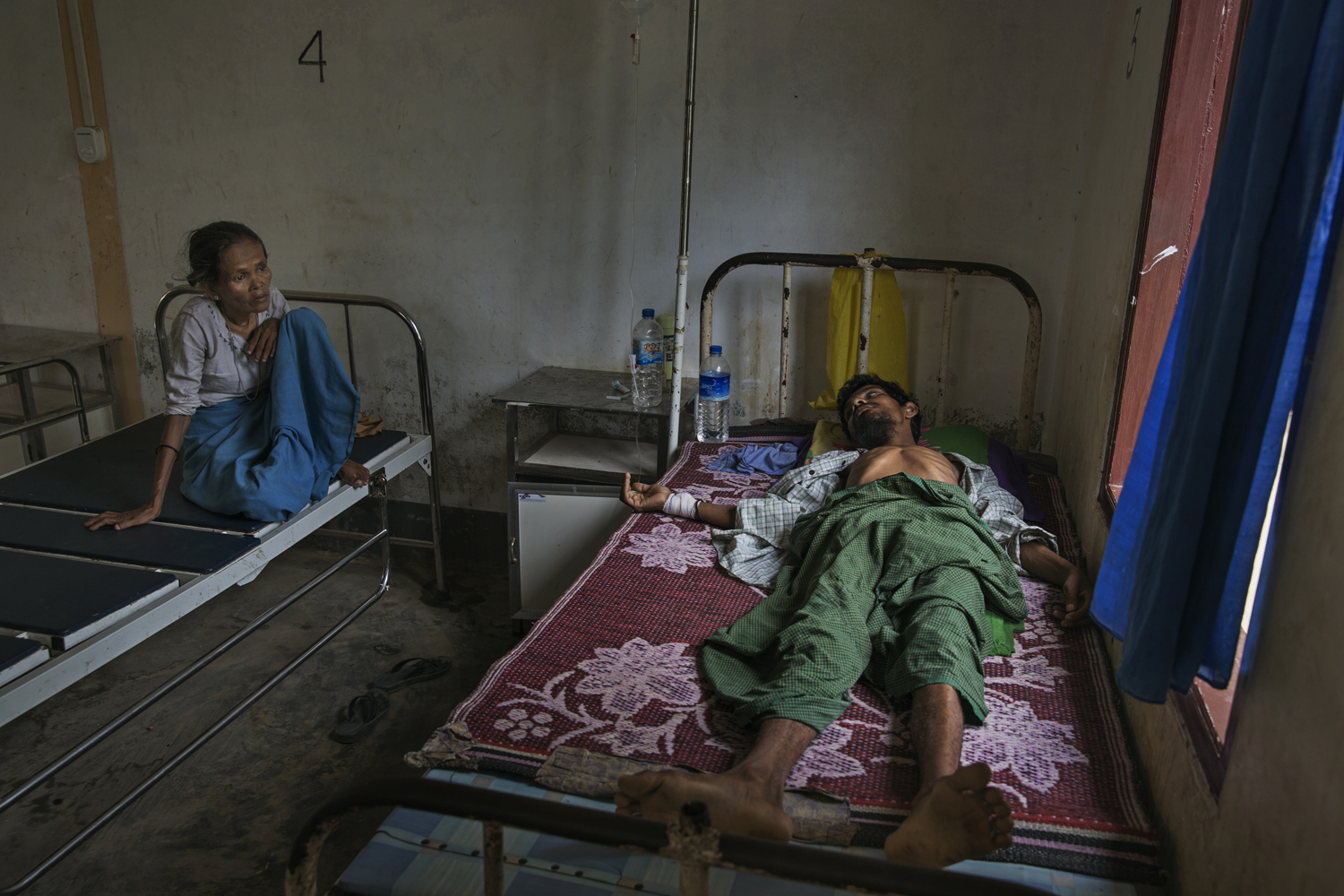
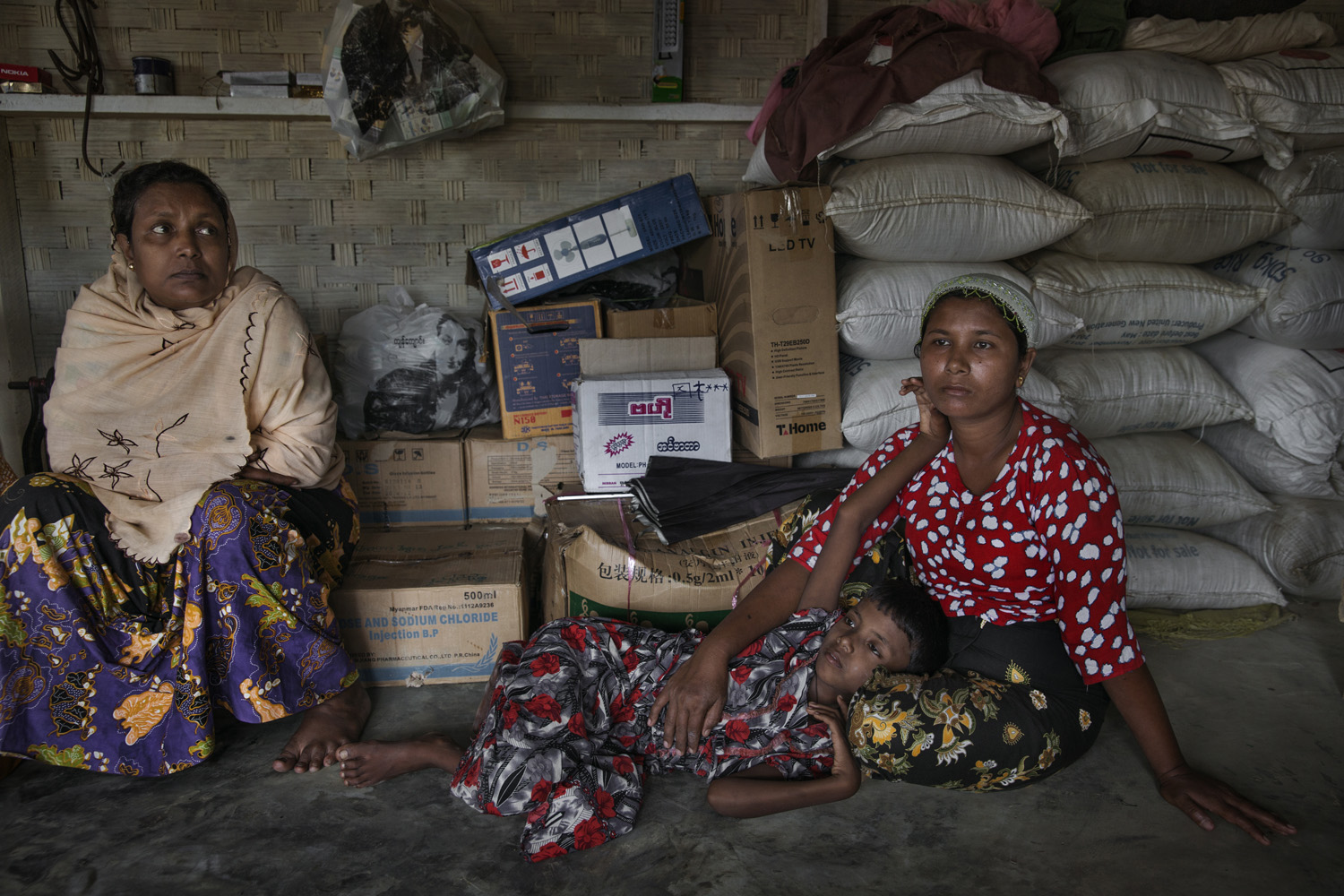
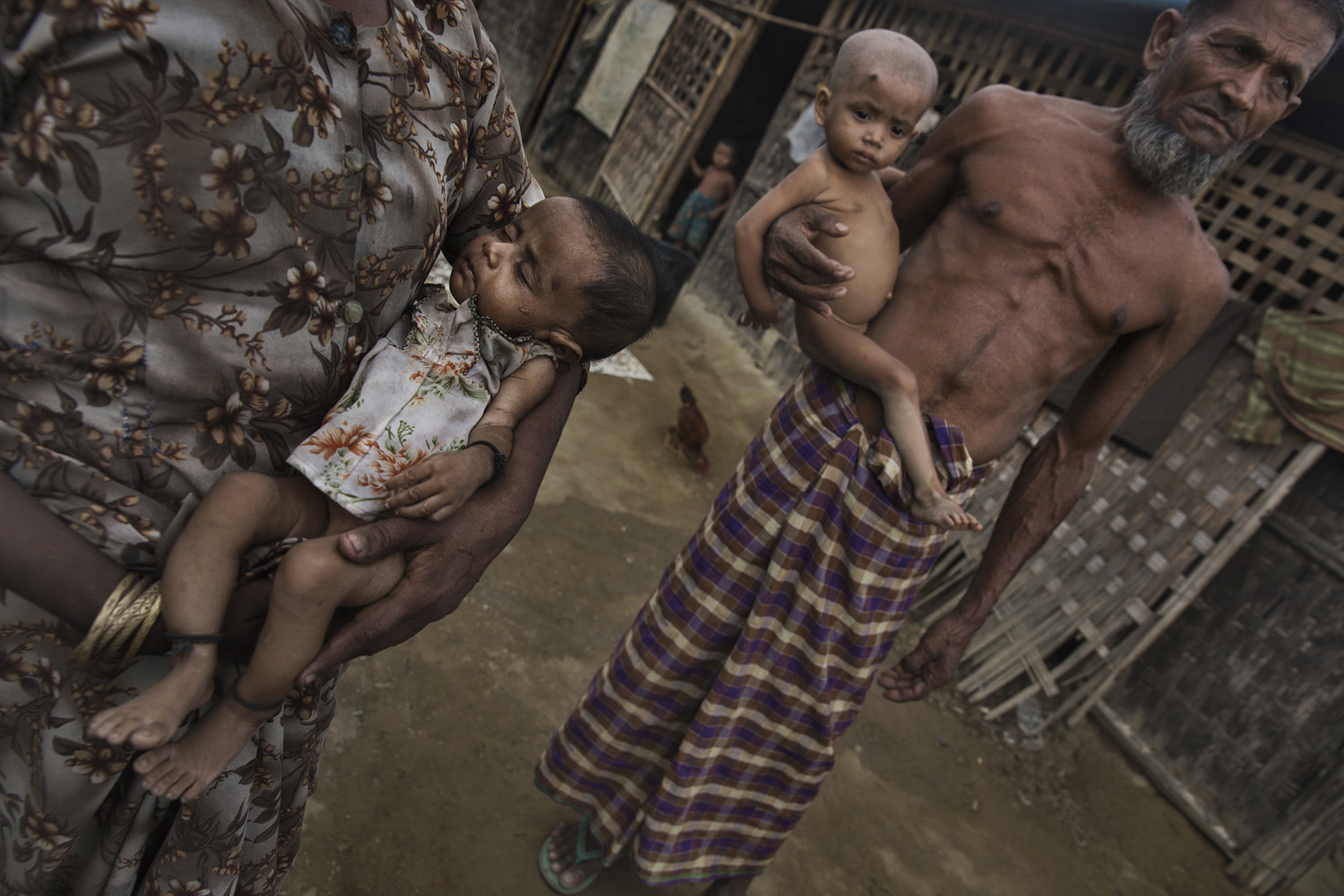
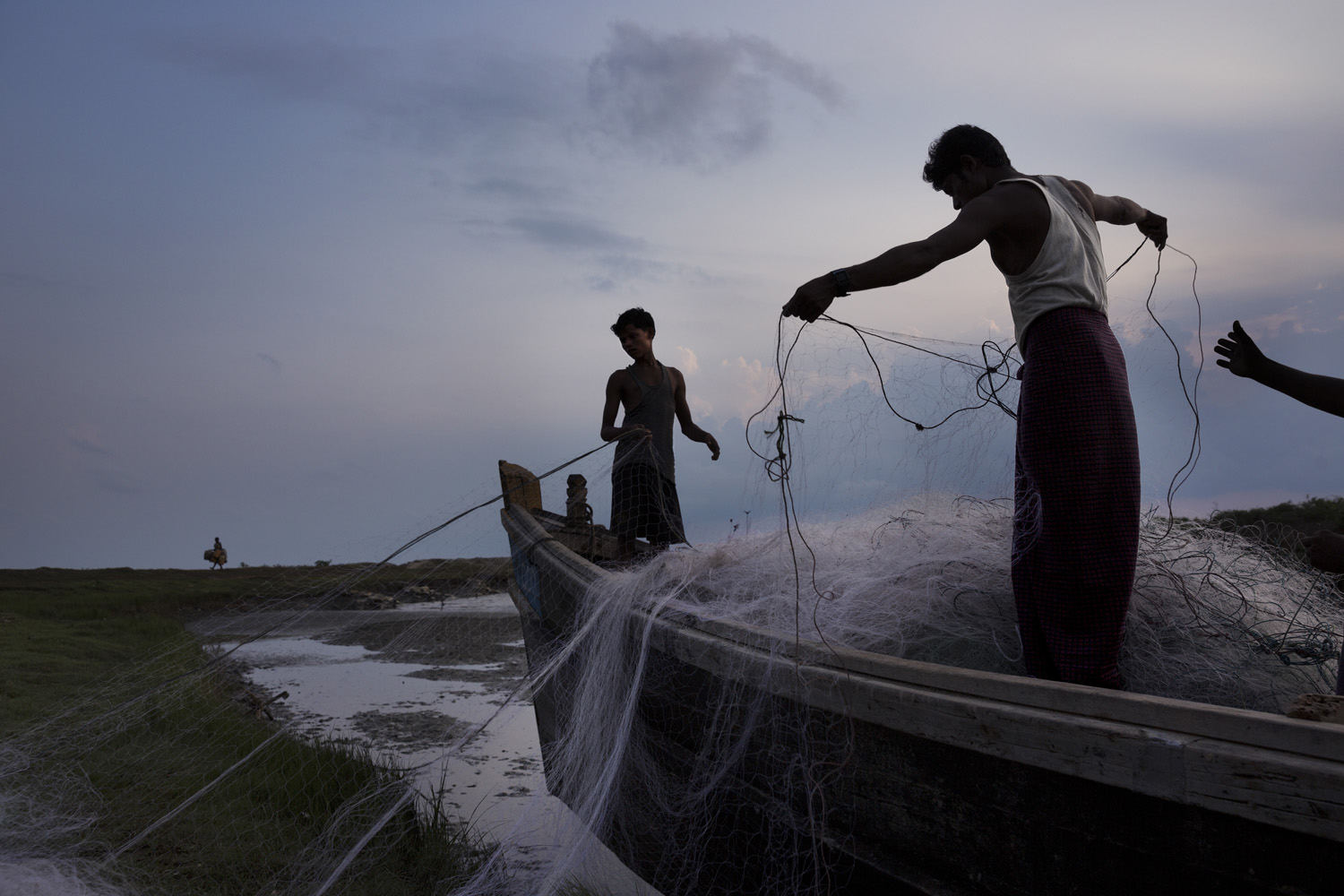
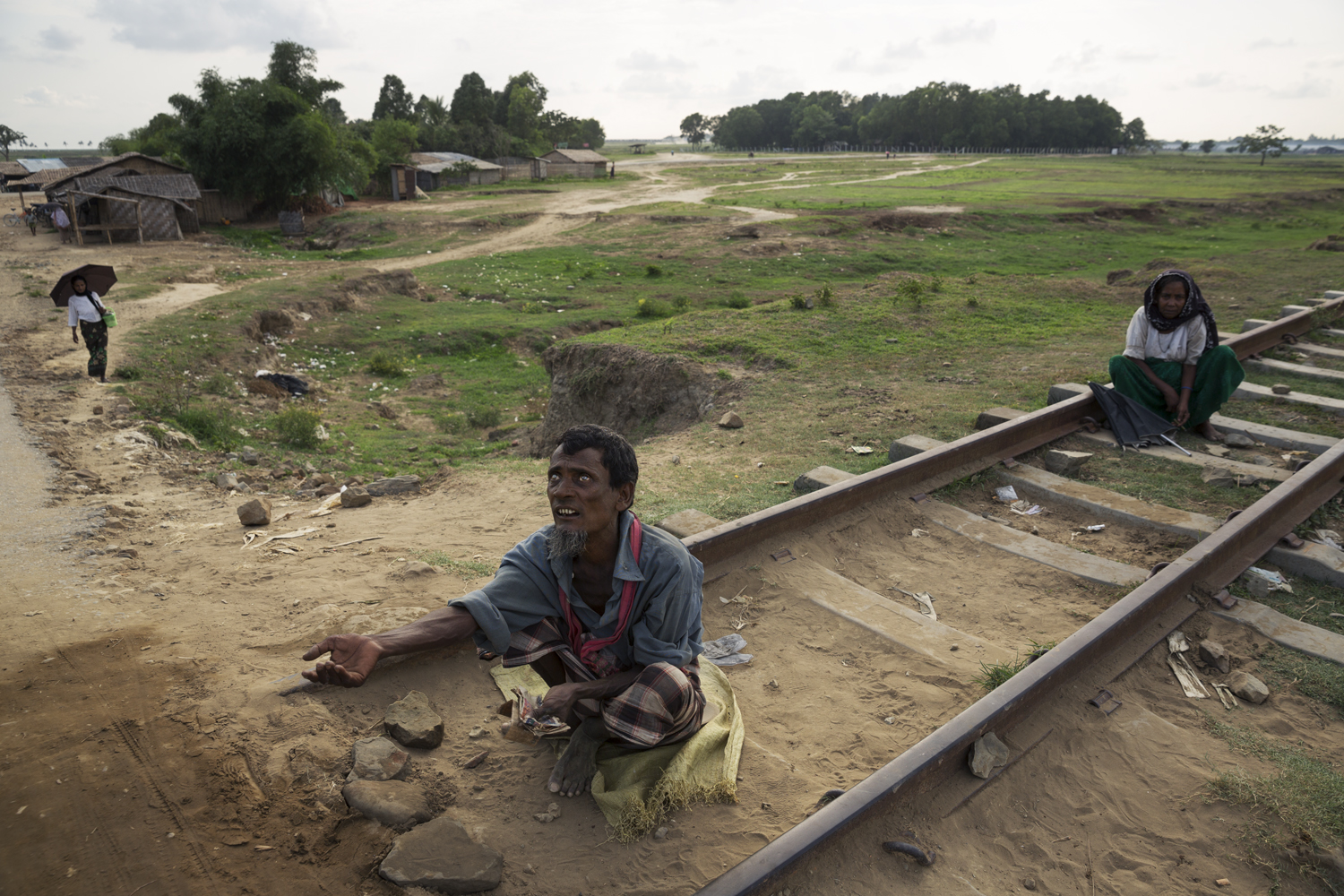
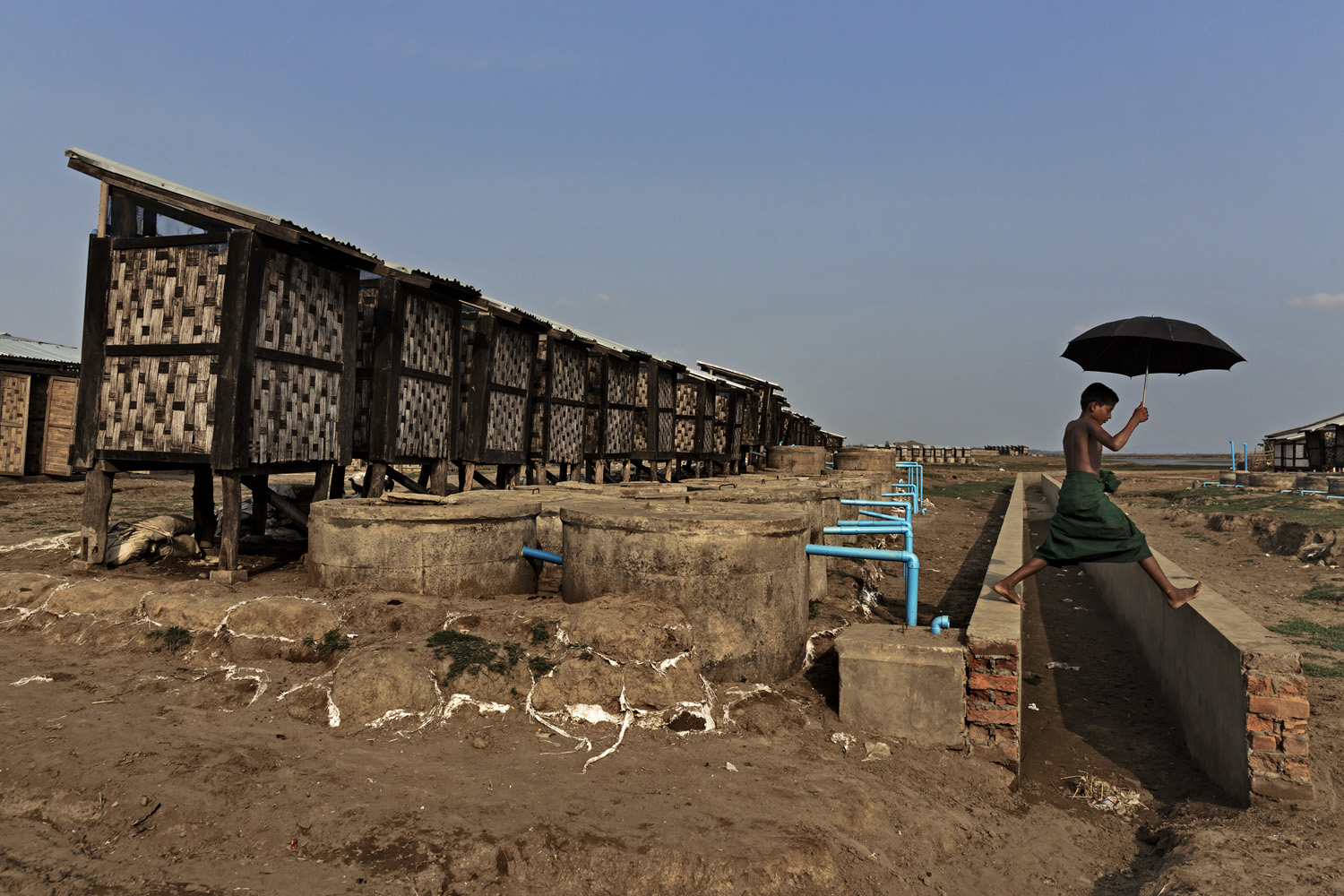
More Must-Reads from TIME
- Donald Trump Is TIME's 2024 Person of the Year
- Why We Chose Trump as Person of the Year
- Is Intermittent Fasting Good or Bad for You?
- The 100 Must-Read Books of 2024
- The 20 Best Christmas TV Episodes
- Column: If Optimism Feels Ridiculous Now, Try Hope
- The Future of Climate Action Is Trade Policy
- Merle Bombardieri Is Helping People Make the Baby Decision
Contact us at letters@time.com